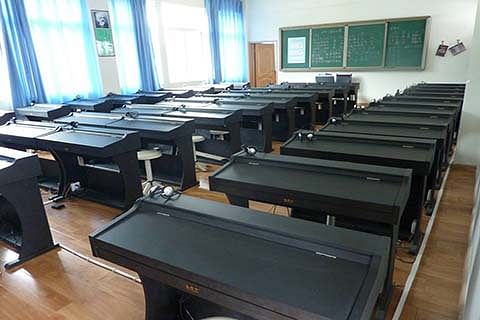The outbreak of the COVID-19 pandemic had a profound impact on the health and psychosocial well-being of the children in India, UNICEF said on Thursday.
Closure of schools prevented children from gaining access to learning and limited interaction with their peers. The pandemic also brought stress on parents and caregivers posing challenges to their capacity of providing care and engaging with their children, it said in a statement.
According to the world body, an estimated 50 million of children in India suffered from mental health issues even before the pandemic.
At least one in seven children, or 332 million globally, has lived under required or recommended nationwide stay-at-home policies for at least nine months since the start of the COVID-19 pandemic, putting their mental health and well-being at risk, it said.
UNICEF, in collaboration with Childline, has brought out a manual for parents and caregivers, as well as children and adolescents.
It explains the COVID-19 disease, how it can be prevented and helps in managing stress, fear and anxiety due to the pandemic situation.
“Mental health and well-being of children is of serious concern, especially in the context of the pandemic-induced stress they have been experiencing. Psycho-social support from teachers, parents and caregivers is a priority. Supportive structures and actions which help children and care givers manage stress, fear and anxiety need to be strengthened.
“Over the past year, we have seen increased risk of violence faced by children. We need to join forces to build a caring structure for girls and boys to help in their psychological well being as much as their physical safety,” said UNICEF India Representative Yasmin Ali Haque.
During the pandemic, UNICEF has trained over 8,000 functionaries from Childline, civil society networks, district child protection units, child care institutions and one-stop centre functionaries to provide psychosocial first aid.
Approximately 446,180 children, adolescents and their parents/caregivers were reached in 17 states with mental health and psychosocial support.
Working with state governments and CSO partners, UNICEF supported over 7,00,000 migrant workers and their families in accessing government benefits and social protection schemes.
Other areas covered, include risk communication and community engagement on COVID-19, gender-based violence, child labour and child marriage, the statement said.
According to WHO, the COVID-19 pandemic has disrupted or halted critical mental health services in 93 per cent of countries worldwide, while the demand for mental health support is increasing, the statement said.
“If we did not fully appreciate the urgency prior to the COVID-19 pandemic, surely we do now,” said UNICEF Executive Director Henrietta Fore. “Countries must dramatically invest in expanded mental health services and support for young people and their caregivers in communities and schools. We also need scaled-up parenting programmes to ensure that children from vulnerable families get the support and protection they need at home,” Fore added.






